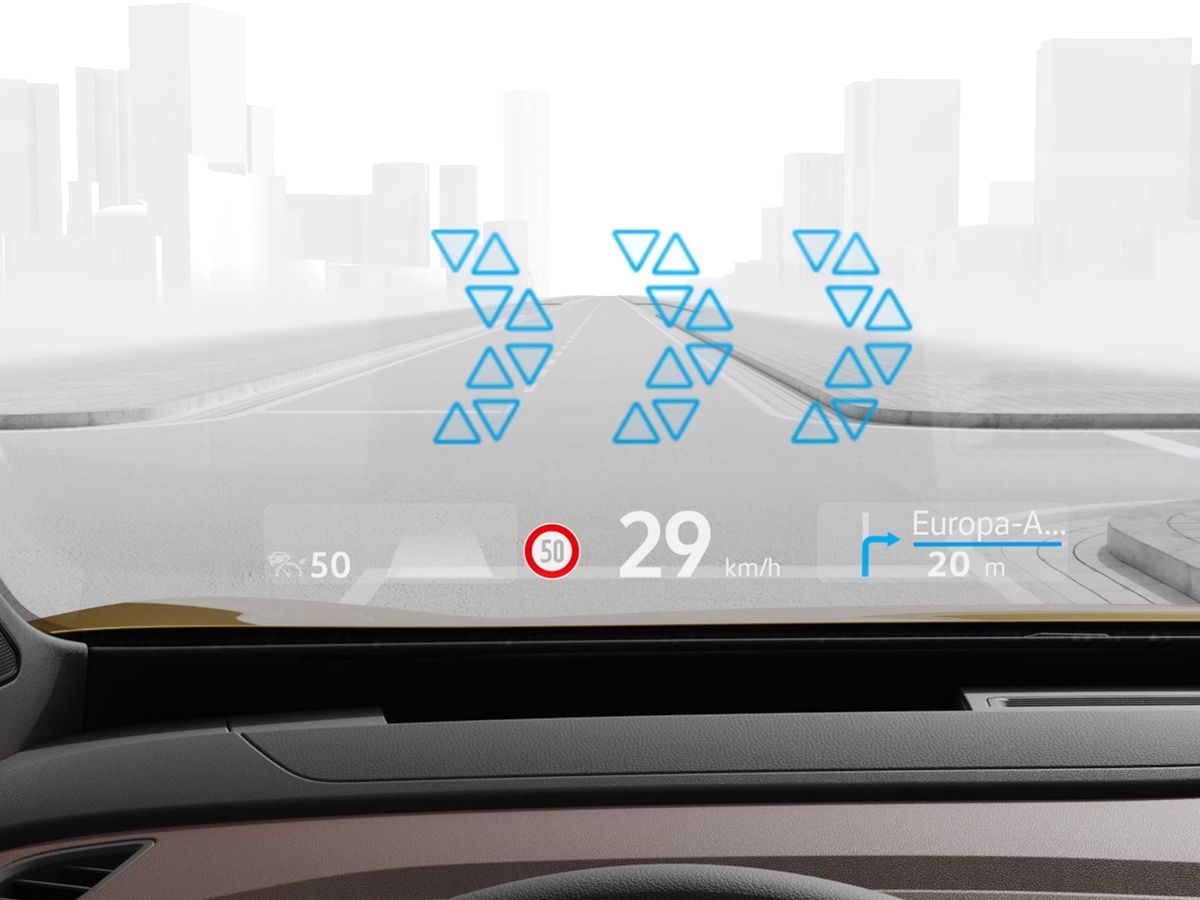OpenAI Bags $200M Pentagon Deal: Boosting National Security Tech – What You Need to Know
In a significant move for both the artificial intelligence landscape and national security, OpenAI, the powerhouse behind ChatGPT, has secured a hefty $200 million contract from the U.S. Department of Defense (Pentagon). This agreement marks a substantial investment in AI development specifically geared towards bolstering national security capabilities. Let's dive into the details of this groundbreaking partnership and what it means for the future.
The Deal: What's OpenAI Building for the Pentagon?
The contract, officially awarded to OpenAI by the Defense Innovation Unit (DIU), focuses on developing and implementing advanced AI technologies for a range of national security applications. While specifics remain somewhat guarded, the DIU has indicated the project aims to leverage OpenAI's expertise in large language models and generative AI to create tools that can enhance situational awareness, improve decision-making processes, and ultimately, strengthen national defense.
Think beyond just chatbots. This could involve AI systems capable of analyzing vast datasets of intelligence, predicting potential threats, automating security protocols, and even assisting in the development of new defense strategies. The possibilities are extensive, and the Pentagon is clearly betting on OpenAI’s ability to deliver.
Location and Timeline: A Multi-Year Project
The bulk of the work associated with this contract will be conducted in and around Washington D.C., placing OpenAI engineers and researchers in close proximity to the Pentagon and other key defense agencies. The estimated completion date for the project is currently set for July 2026, suggesting a long-term commitment and a phased approach to development and implementation.
Why OpenAI? The Power of Generative AI
Why did the Pentagon choose OpenAI? The answer lies in OpenAI's pioneering work in generative AI. Their models, like GPT-4, demonstrate an unprecedented ability to understand and generate human-like text, code, and other complex data formats. This capability is particularly valuable for national security applications that require rapid analysis, creative problem-solving, and the ability to adapt to evolving threats.
Furthermore, OpenAI's reputation for innovation and its commitment to responsible AI development likely played a role in the decision-making process. The Pentagon is acutely aware of the ethical considerations surrounding AI and will undoubtedly be working closely with OpenAI to ensure the technology is deployed responsibly and in accordance with established guidelines.
Potential Implications and Future Trends
This contract signals a growing trend of increased collaboration between the private sector and the government in the field of AI. As AI technology continues to advance at an exponential pace, national security agencies are increasingly turning to companies like OpenAI to gain a competitive edge.
The implications of this partnership extend far beyond the immediate scope of the project. It could pave the way for further investment in AI research and development, accelerate the adoption of AI-powered tools across the defense sector, and ultimately, reshape the landscape of national security for years to come. The world will be watching closely to see how OpenAI and the Pentagon leverage this powerful technology to safeguard national interests.
Stay tuned for updates as this story develops!





